The Birth of Indian Psychology and its Development in Buddhism, is a fascinating history of Psyche from the early Indian sacred literature-Vedas, Brahmanas, Upanishads and the Tripitaka (three baskets), with special reference to Sutta-pitaka which consists of the five (Digha, Majjhima, Samyutta, Anguttara, Khuddaka) Nikayas. The teachers of that remote period did not feel the need for coining a new word to study the mind and its behaviour, for they realized that abstract truth has no lasting influence on mankind; for a study of the mind is inseparable from that of religion, as the purpose of such a study was the salvation of man. In their strenuous pursuit of the spiritual principles of unity, the sages of the Aranyaka period reached the apogee of their vision in the concept of Atman, which "barred the vision of human life to more than the visible word of sense." Beyond this, they could not venture. Here early Buddhism came to the rescue of the aspirants, by totally by-passing the then current speculations surrounding the Atman idea with its five-fold formulae known as the Khanda, where natural human desires are not frowned upon and man is not "being" but "becoming." This book was first published in 1914. Time has not succeeded in eroding its importance in the field of Buddhist studies. The lucidity of thought and argument add to its charm. The scholar shall be enthralled and the general reader enlightened.
The Birth of Indian Psychology and its Development in Buddhism
In stock
Free & Quick Delivery Worldwide
reviews
Bibliographic information
Title
The Birth of Indian Psychology and its Development in Buddhism
Author
Edition
1st ed.
Publisher
Length
xii+444p., Appendix; Index; 23cm.
Subjects

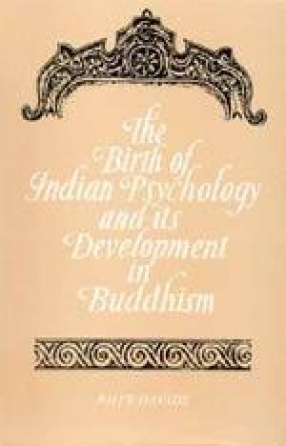
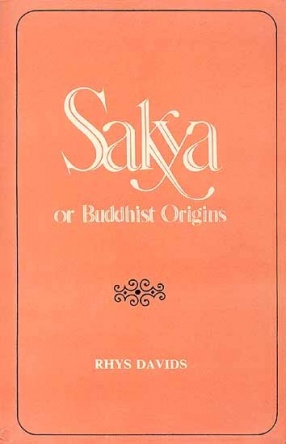
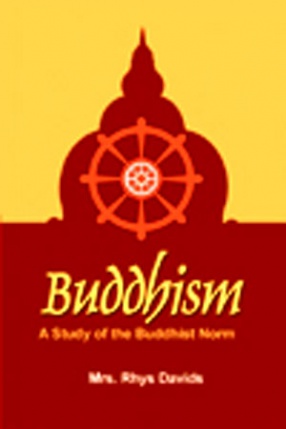
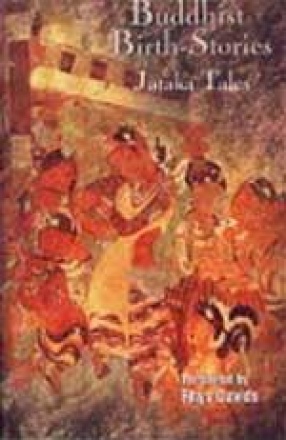


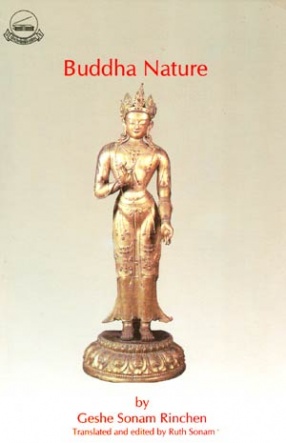
There are no reviews yet.